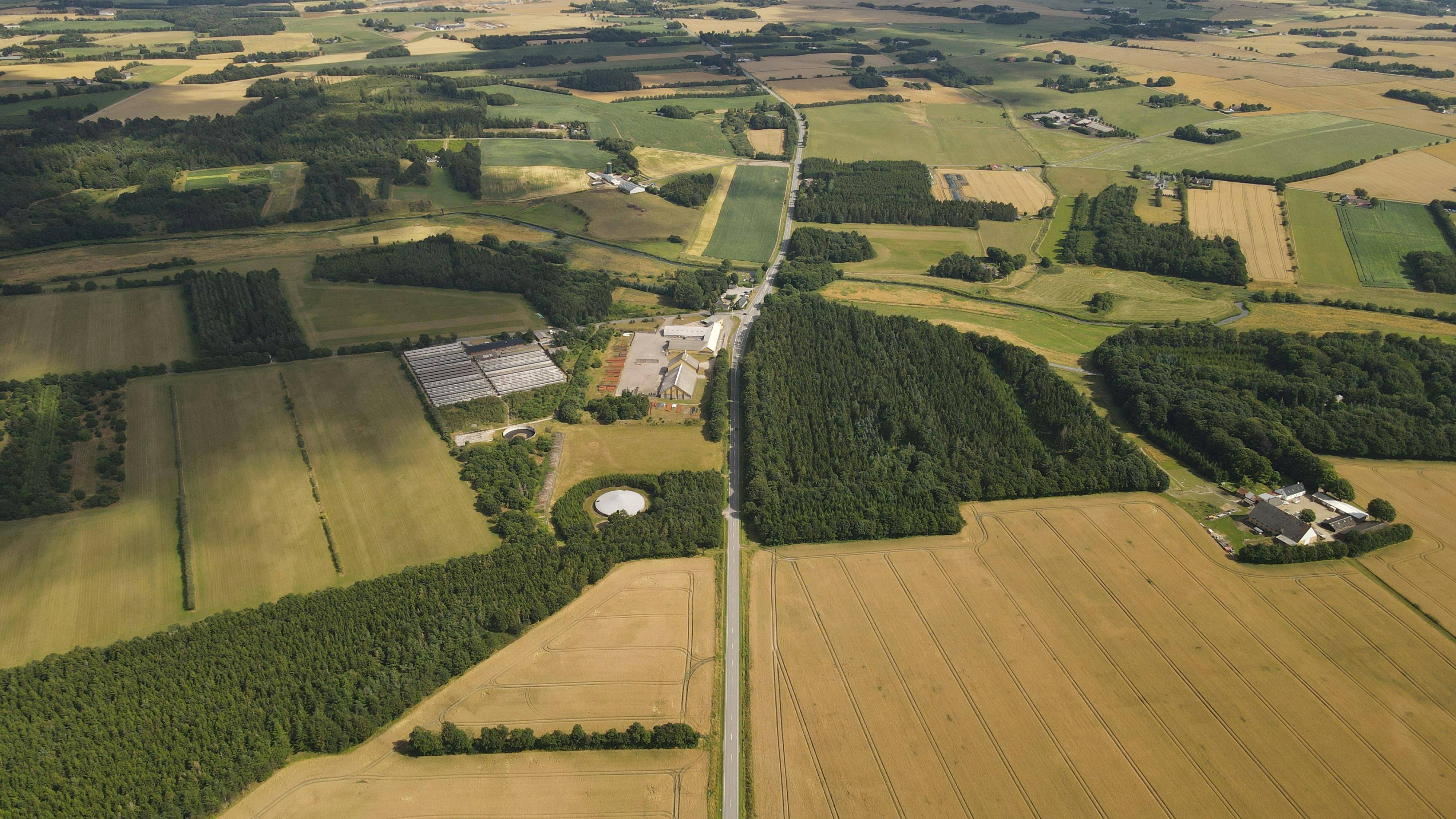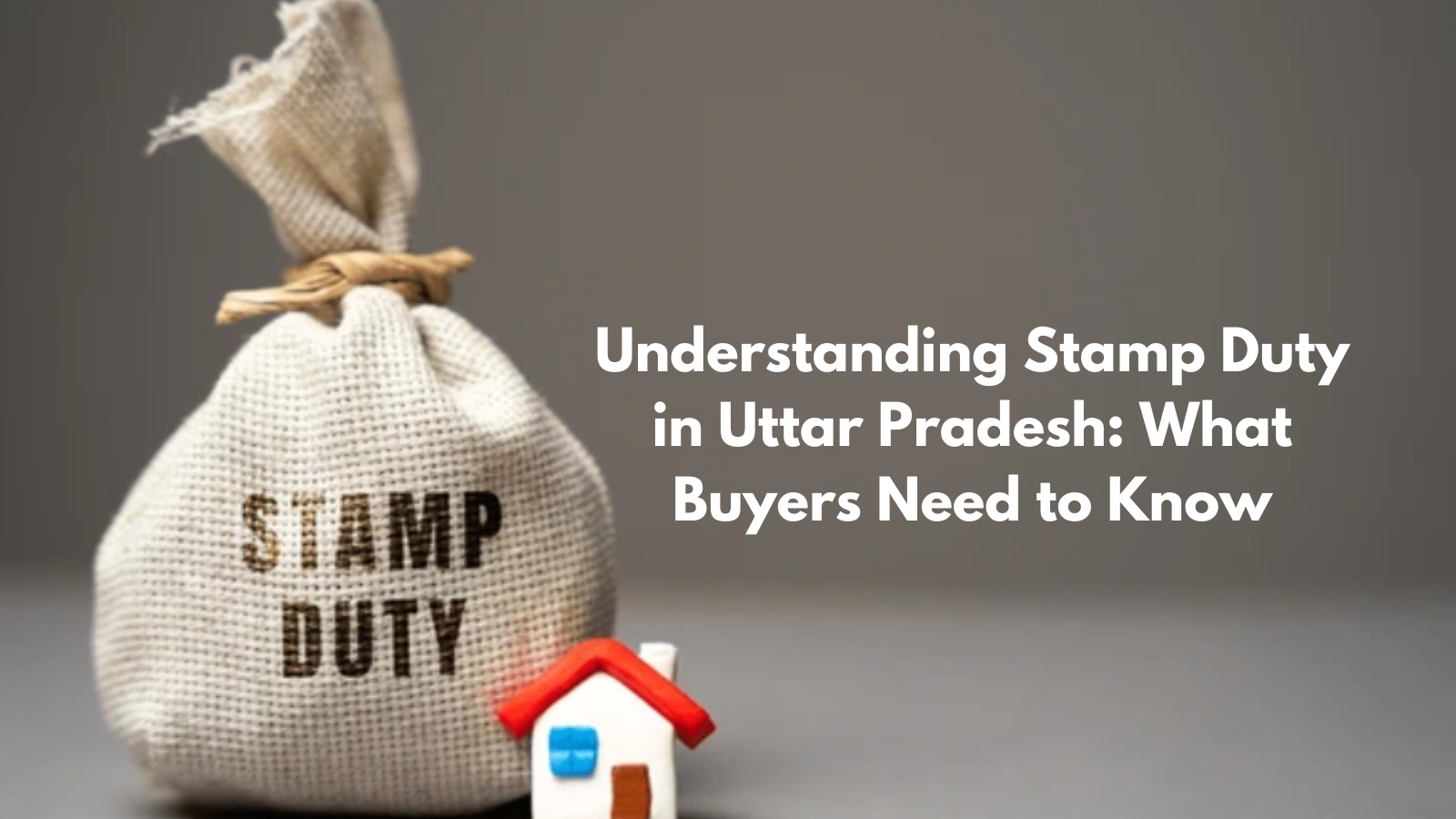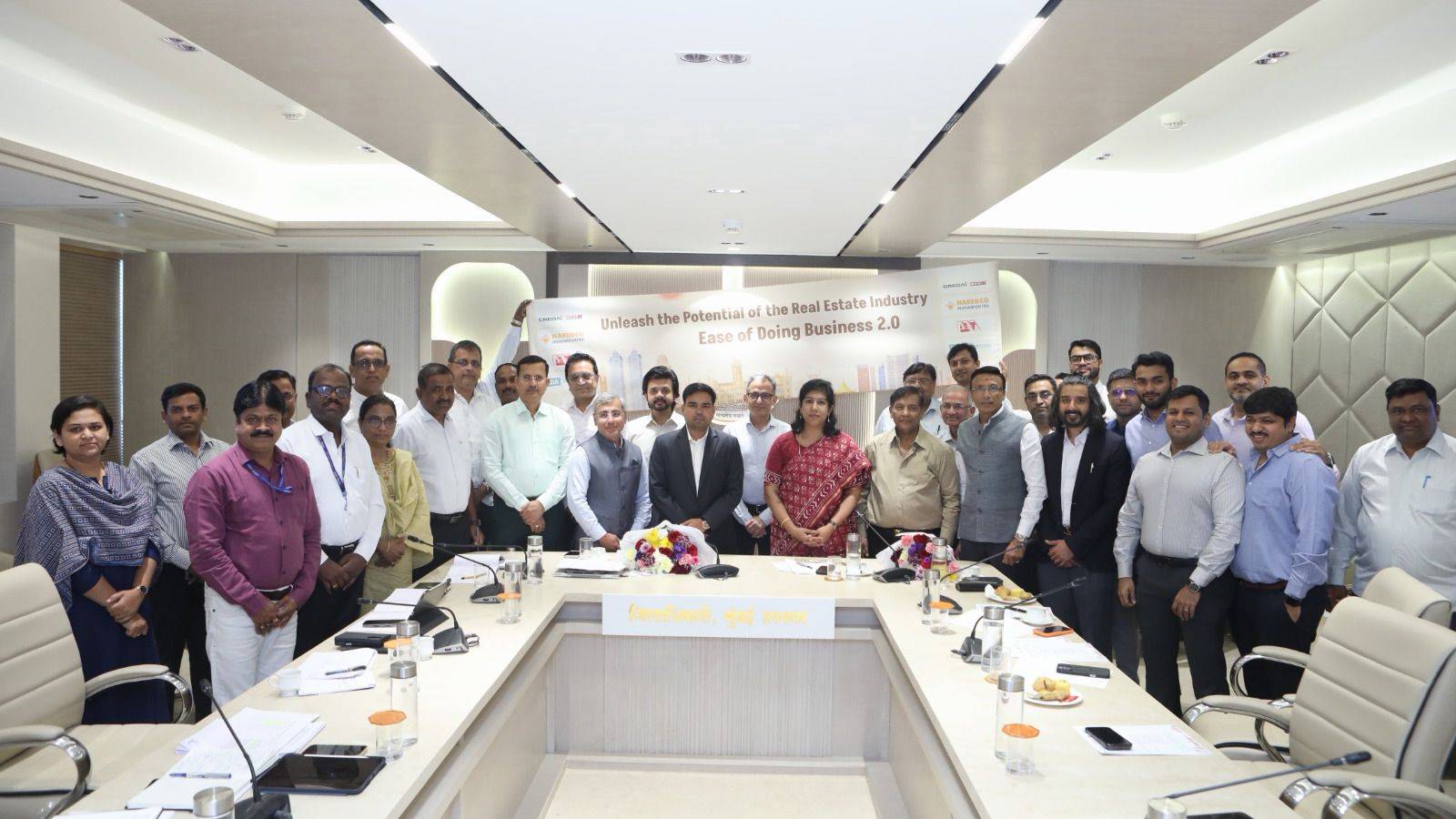Pune: In a transformative move towards digitizing land governance and making farmer benefits more accessible, Maharashtra is set to introduce a voluntary Aadhaar-land record linking initiative by the end of January. This program will allow landowners to link their Aadhaar numbers with their land ownership documents, commonly known as 7/12 extracts, in rural and urban areas.
This initiative aligns with the Central Government's "Digital Public Infrastructure for Agriculture" (Agristack) scheme, which aims to digitize agricultural processes, improve transparency, and make governance citizen-friendly. Officials believe this will simplify access to key government benefits for farmers while addressing issues like land disputes and fraudulent land transactions.
How It Will Work
Voluntary Process: Landowners can choose whether to link their Aadhaar to their land records. Those who opt in will gain easier access to schemes such as PM-Kisan, crop insurance, and subsidies, among others.
Initial Focus on Rural Areas: The program will first cover 2.62 crore rural land records in Maharashtra, followed by 81 lakh urban land records.
Integration with ULPIN (Bhu-Aadhaar): Maharashtra has already implemented the Unique Land Parcel Identification Number (ULPIN), a unique alphanumeric ID for each surveyed land parcel. Aadhaar linkage will complement this system, ensuring seamless identification of rightful landowners.
Benefits of the Initiative
1. For Farmers:
- Simplified Access to Welfare Programs: Farmers will no longer have to juggle multiple IDs. Aadhaar-linked Farmer IDs will serve as a single-point identifier for various government schemes, speeding up processes like subsidy approvals and crop insurance claims.
- Elimination of Errors and Disputes: Linking Aadhaar to land records will reduce errors in ownership documents and minimize disputes, ensuring only rightful beneficiaries receive entitlements.
2. For Land Governance:
- Fraud Prevention: Aadhaar seeding will help detect and prevent illegal land transactions (benami deals), where land is held under someone else’s name to evade taxes or regulations.
- Increased Transparency: By combining Aadhaar and ULPIN, the system will ensure clarity in land records, reducing manipulation and enhancing trust in land-related transactions.
The Bigger Picture
The Central Government is pushing for this integration as part of its broader goal to create a unified, modern land governance system across India. By digitizing land records and linking them with Aadhaar, the government hopes to:
- Eliminate paperwork and delays in land transactions.
- Address long-standing issues of land fraud and ownership disputes.
- Enhance citizen-centric services, making them easier to access and more transparent.
According to officials, this step is particularly crucial for rural areas where land disputes and fraudulent practices are more prevalent. Linking Aadhaar with land records ensures beneficiaries receive their dues directly without the involvement of middlemen.
Pilot Success and Expansion
Two years ago, Maharashtra introduced ULPIN (Bhu-Aadhaar) to uniquely identify every surveyed plot of land. This program successfully digitized land records for over 2.62 crore rural parcels and 81 lakh urban records. The Aadhaar-linking initiative builds on this success, taking land governance to the next level by ensuring each record is tied to a verified individual.
Maharashtra is one of 13 states actively working on Aadhaar integration for land governance. Additionally, 13 other states including Assam, Chhattisgarh, Gujarat, Maharashtra, Odisha, Rajasthan, and Uttar Pradesh, have already begun seeding Aadhaar with land records to streamline identification. This approach has proven effective in eliminating errors and ensuring benefits reach the rightful owners.
What Lies Ahead
The initiative will roll out gradually, starting with rural areas by the end of January 2025. Once rural land records are integrated, the focus will shift to urban regions. The Central Government has set an ambitious timeline to implement this across all states before the financial year ends.
Officials emphasize that this linking process is entirely voluntary and will not disadvantage landowners who choose not to participate. However, those who opt in are expected to benefit significantly from faster processes, reduced paperwork, and better access to welfare schemes.
A Step Towards Modern Land Governance
By combining Aadhaar integration with advanced tools like ULPIN, Maharashtra is addressing the urgent need for modernization in land governance. This effort will not only simplify documentation but also ensure that government benefits reach the right people efficiently.
The initiative is seen as a game-changer for farmers and landowners alike, marking a pivotal moment in India's journey toward digitized agriculture and transparent governance.
Image source: Pexels









.png)